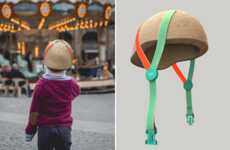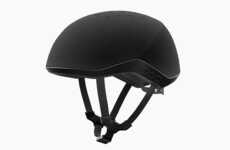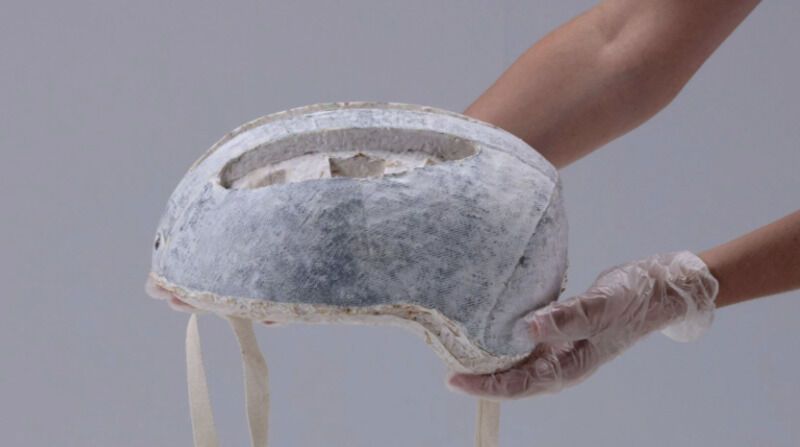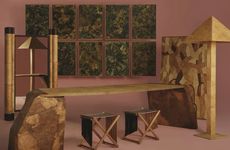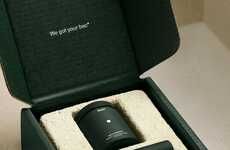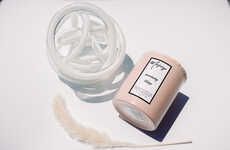
Studio MOM Designs a Helmet with Mycelium and Hemp
References: studiomom.nl & dezeen
Dutch design practice Studio MOM is breaking the rules of cycling accessories with its new and highly innovative biomaterial cycling helmet. Unlike traditional helmets that utilize polystyrene and other usually unsustainable materials, Studio MOM's version embraces mycelium (the network of threads from which mushrooms grow) and hemp for its design. The mycelium forms the main shell of Studio MOM's biomaterial cycling helmet, while the hemp textile is featured in the outer skin and the straps.
According to the studio, MyHelmet reduces ecological strain from manufacturing as it can be produced without fossil fuels. It also ensures less waste at the end of its life as it can be composted after use. The biomaterial cycling helmet is definitely a sustainable game-changer in the biking industry, especially as individuals are instructed to change their helmets every three to five years.
Image Credit: Dezeen
According to the studio, MyHelmet reduces ecological strain from manufacturing as it can be produced without fossil fuels. It also ensures less waste at the end of its life as it can be composted after use. The biomaterial cycling helmet is definitely a sustainable game-changer in the biking industry, especially as individuals are instructed to change their helmets every three to five years.
Image Credit: Dezeen
Trend Themes
1. Sustainable Biomaterial Helmets - The rise of eco-friendly biomaterial-based helmets will disrupt the helmet industry's traditional use of polystyrene and other unsustainable materials, offering a more sustainable alternative.
2. Compostable Cycling Accessories - The trend of designing cycling accessories with mycelium and hemp can transform the entire accessories industry to offer more sustainable and compostable products.
3. Circular Economy Products - The innovation of creating circular products like biodegradable helmets, can speed up the implementation of circular economy principles, promoting more sustainable production and consumption patterns.
Industry Implications
1. Cycling Accessories - Designers of cycling accessories can shift to using mycelium and hemp, offering a sustainable and compostable alternative to traditional polystyrene-based products.
2. Sustainable Materials - The development of sustainable biomaterials like mycelium and hemp can disrupt a wide range of industries, revolutionizing the way products are made and delivered to consumers.
3. Environmental Protection - Industries that prioritize using sustainable and eco-friendly materials in production, like the organic waste-reducing Studio MOM helmet, can contribute to mitigating environmental strains and creating a cleaner world for future generations.
6.8
Score
Popularity
Activity
Freshness

